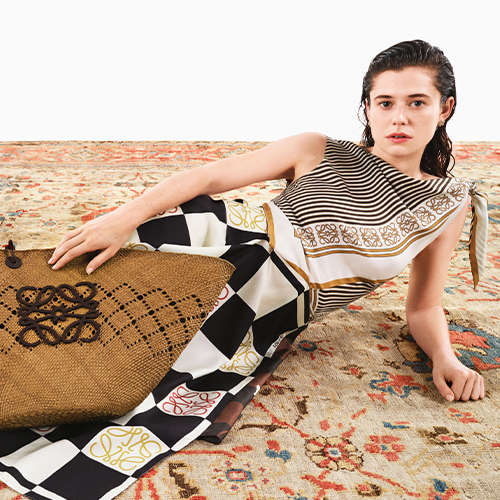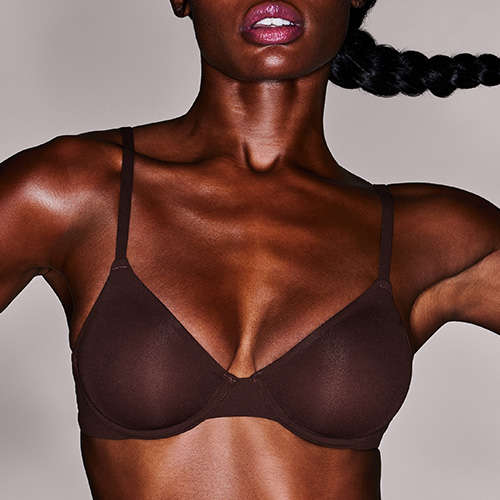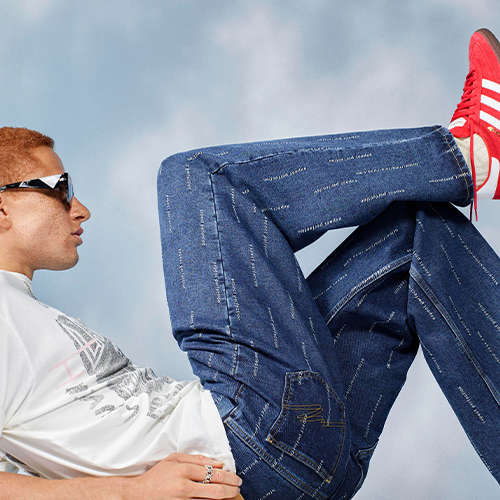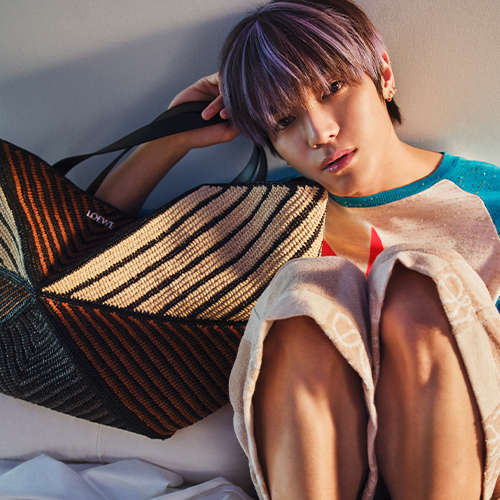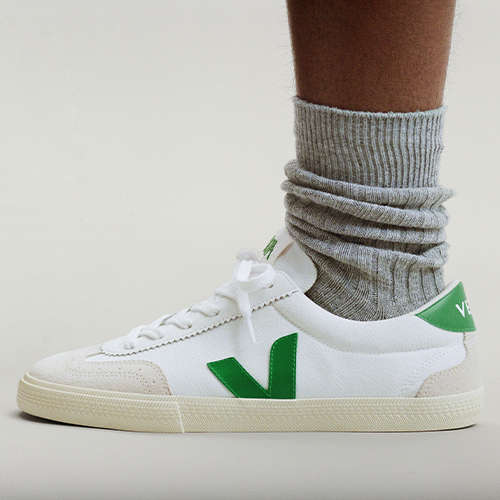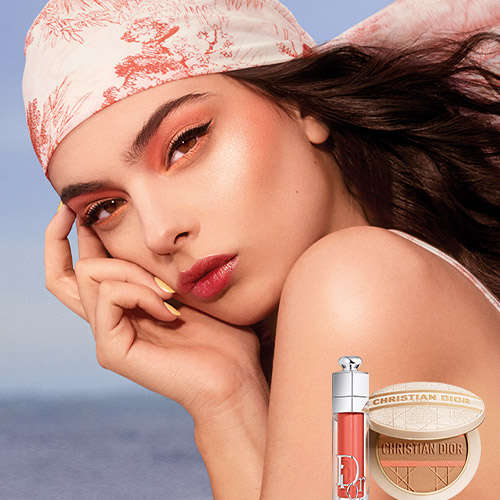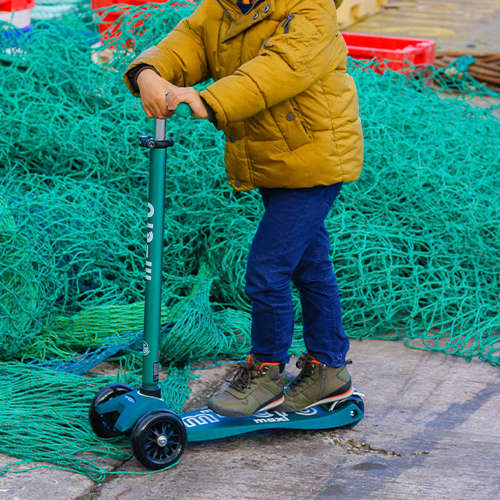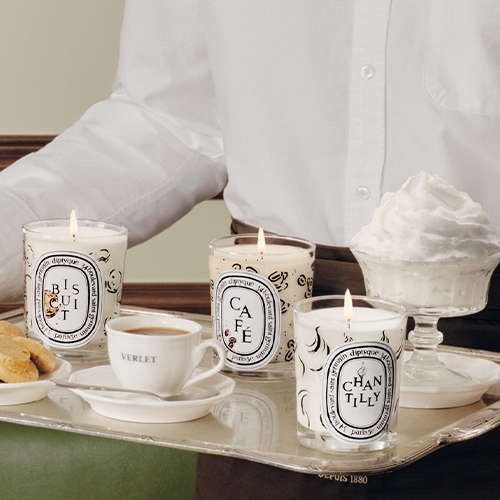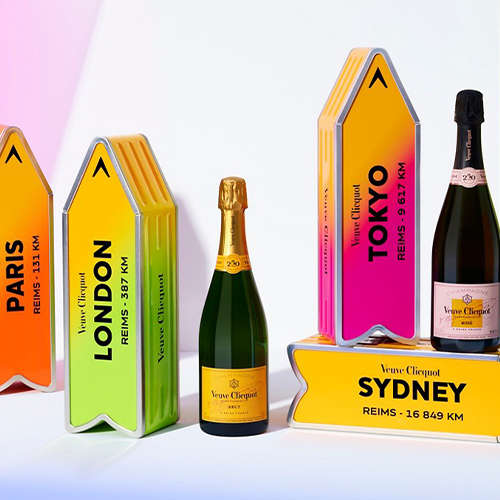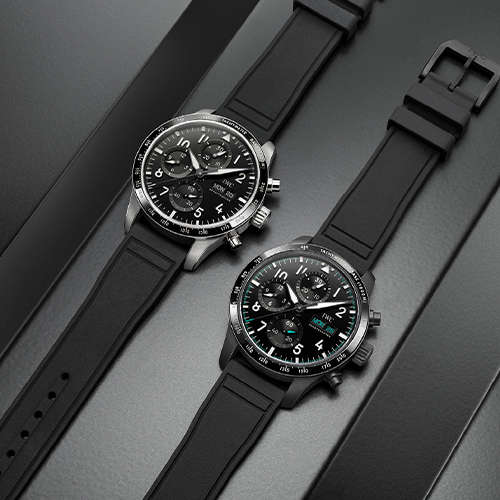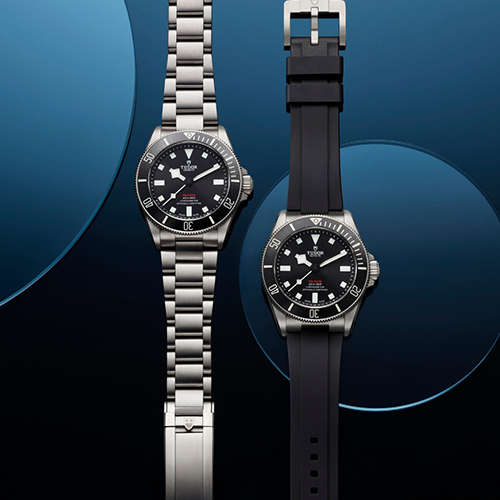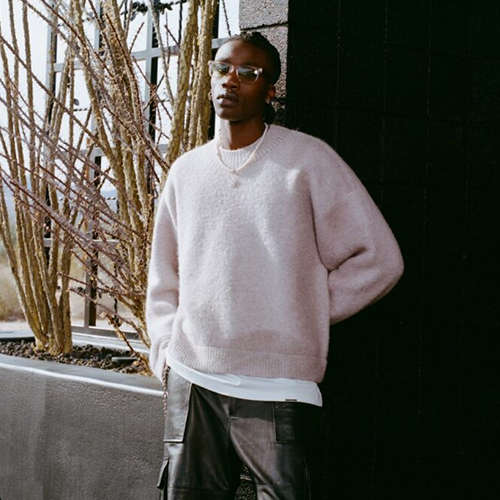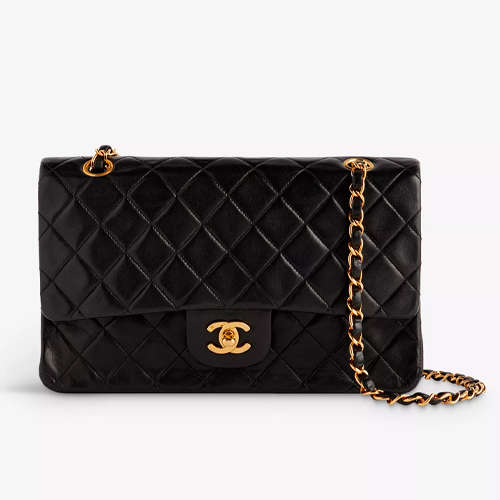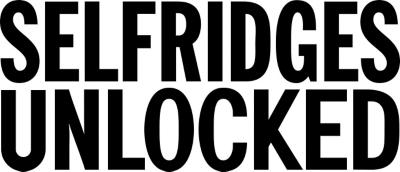- Australia / AUD $
- Canada / CAD $
- China / CNY ¥
- France / EUR €
- Germany / EUR €
- Hong Kong SAR China / HKD $
- Ireland / EUR €
- Italy / EUR €
- Japan / YEN ¥
- Kuwait / USD $
- Macao SAR China / HKD $
- Netherlands / EUR €
- Qatar / USD $
- Saudi Arabia / USD $
- Singapore / SGD $
- South Korea / KRW ₩
- Spain / EUR €
- Taiwan / TWD $
- United Arab Emirates / USD $
- United Kingdom / GBP £
- United States / USD $
- Not yours? Read more
Tell us what you think
Shop in your local currency and language
You are currently in United Kingdom GB / GBP £ store
- English
- English
- English
- English
- English
- English
- English
- English
- English
- English
- English
- English
- English
- English
- English
- English
- English
- English
- English
- English
- English
Did you know that we deliver to 130 countries or regions and offer a range of delivery options to suit you wherever you are in the world? Find out more
Sign up once to our Selfridges+ service and you can enjoy unlimited deliveries wherever you are in the world. FIND OUT MORE
International delivery
With almost everything on selfridges.com available for International Delivery, you can send your order to 130 countries or regions around the world, including North America, Australia, the Middle East and China.
Although we only offer 20 currencies to browse in online, you can still deliver to all of the following countries or regions:
- Algeria
- Andorra
- Antigua and Barbuda
- Aruba
- Australia
- Austria
- Azerbaijan
- Bahrain
- Bangladesh
- Barbados
- Belarus
- Belgium
- Belize
- Bermuda
- Bolivia
- Botswana
- Brunei
- Bulgaria
- Cambodia
- Canada
- Cayman Islands
- Chile
- China
- Colombia
- Costa Rica
- Croatia
- Cyprus
- Czech Republic
- Denmark
- Dominica
- Dominican Republic
- Ecuador
- Egypt
- El Salvador
- Estonia
- Finland
- France
- French Guiana
- Germany
- Gibraltar
- Greece
- Grenada
- Guadeloupe
- Guatemala
- Guernsey
- Guyana
- Honduras
- Hong Kong
- Hungary
- Iceland
- India
- Indonesia
- Ireland
- Israel
- Italy
- Jamaica
- Japan
- Jersey
- Jordan
- Kazakhstan
- Kenya
- Kuwait
- Laos
- Latvia
- Lebanon
- Lesotho
- Liechtenstein
- Lithuania
- Luxembourg
- Macau
- Malaysia
- Maldives
- Malta
- Martinique
- Mayotte
- Mexico
- Monaco
- Montserrat
- Morocco
- Myanmar
- Namibia
- Netherlands
- New Zealand
- Nicaragua
- Nigeria
- Norway
- Oman
- Pakistan
- Panama
- Paraguay
- Peru
- Philippines
- Poland
- Portugal
- Puerto Rico
- Qatar
- Reunion
- Romania
- Rwanda
- Saint Kitts and Nevis
- Saint Lucia
- Saint Martin (French part)
- San Marino
- Saudi Arabia
- Serbia
- Singapore
- Slovakia
- Slovenia
- South Africa
- South Korea
- Spain
- Sri Lanka
- Suriname
- Swaziland
- Sweden
- Switzerland
- Taiwan
- Tanzania
- Thailand
- Trinidad and Tobago
- Turkey
- Uganda
- Ukraine
- United Arab Emirates
- United Kingdom
- United States
- Uruguay
- Venezuela
- Vietnam
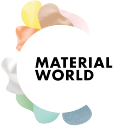
SELFRIDGES LOVES:
THE BRIGHT NEW SUSTAINABLES
So, you probably already know about Stella McCartney's commitment to totally green fashion – but what about the new crop of creatives using sustainable methods to build a more eco-friendly fashion industry? Continuing on from last year's celebration of the Bright New Things in sustainable fashion, we're exploring the materiality of our clothes through this year's Brights – eight designers who champion innovative ways to create eye-catching, covetable yet responsibly made collections.
///
Le Kilt: championing British wool
Samantha McCoach founded Le Kilt in 2014 with a vision of adding a dash of modernity to her family's kilt-making heritage. Using 100 per cent organic Scottish wool, each collection weaves together traditional techniques and patterns with a wearable, contemporary style. Samantha's granny – a kilt maker in Scotland for over 40 years – thoroughly approves. And so do we!

Tengri - bomber jacket and ribbed jumper (coming soon) / Maison Martin Margiela - trousers (sold out) / Grenson - boots (available in store)
///
Tengri: championing luxury fibres
If you thought Tengri was simply about great-looking knitwear, think again. Crafted from 100 per cent Mongolian yak fibres (yes, yak), which are then spun in Yorkshire mills, every piece is as soft as cashmere, warmer than merino and hypoallergenic too (what more could you want, we ask?). Plus, its production also helps to support communities from the pastures of Mongolia to the valleys of the Yorkshire Pennines.
///
Study NY: making cotton more sustainable
Dedicated to sourcing sustainable materials and devising production methods that cut waste, New York-based designer Tara St James uses 100 per cent organic cotton to create her conceptual pieces. And while her designs focus predominantly on comfort and wearability (we're talking striped tunics, crisp linen jumpsuits and shirt dresses with a twist), we think there's a definite sexiness to her straightforward style.
///
Deadwood: treating leather with the respect it deserves
Launched in 2012 by Scandi design duo Carl Ollson and Felix von Bahder, Deadwood was born from the pair's desire to blend sustainable fashion with cool, covetable design. Not only is the label's crop of leathers environmentally friendly (each jacket is pieced together from recycled vintage leather), but they have none of the bulky stiffness that often comes with new biker jackets; just buttery soft and nicely slouchy worn-in leather. Amen.
We want to use our position to inspire our people, partners and customers to respect our environment. In short: we want to buy better and inspire change
///
Dick Moby: recycling plastic for a brighter outlook
Dick Moby's mission started on a surf trip in 2012, when founders Tim Holland and Robbert Wefers-Bettink were confronted with the huge amounts of plastic waste in and around the ocean. With a determination to produce designs that would help to reduce plastic pollution in our ocean, each of the design duo's consciously crafted sunnies (from the bio-plastic acetate frames and their teeny-tiny hinges to the protective cases made from recycled leather) has sustainability at its core. And the best bit? They happen to look super cool, too!
///
Tortoise: making denim more sustainable
Aside from selling some seriously good denim, Tortoise (founded by Kevin Youn in 2014 with the motto 'slow and steady wins the race') is setting new standards in denim manufacturing. Following the brand's development of the Wiser Wash, a technology that reduces energy consumption, limits the use of toxic chemicals and almost entirely eliminates water wastage (did you know that just a single pair of jeans can use up to 11,000 litres of water during its lifecycle?), we can't help but wonder whether it might just be the catalyst for some positive change in the denim industry.
We have put sustainability at the core of our conversation, ensuring our brands meet our standards on ethical trade and championing new labels with a sustainable focus
///
Kilometre: celebrating European linen
Parisian fashion label Kilometre doesn't just make pretty clothes. Oh no. Founder Alexandra Senes describes each sustainable shirt as 'a piece of art'. The entire collection is constructed from carefully sourced, pre-loved European linen, while the whimsical and exquisitely detailed embroidery, which celebrates some of the world’s most inspiring destinations, is created by hand in Mexico and India by a group of women managed by the fair trade social enterprise Fabricá Social.
///
VYAYAMA: discover the story of viscose
Here's the thing: we think VYAYAMA (pronounced 'vai-ah'mah') is wonderful not just because of its ethical standards, but because it mashes together yoga and fashion for some seriously covetable activewear. Founded by New Yorker Rachel Bauer, all of VYAYAMA's designs are made from Tencel, a form of viscose created from sustainably farmed eucalyptus that is smooth, slimming and supportive. You won't find these fabrics and eye-catching prints anywhere else (especially in the fitness arena), plus the quality is top notch.

///
Community Clothing
British fashion designer Patrick Grant is the man behind Community Clothing – an innovative social enterprise dedicated to making clothes, creating jobs and restoring pride in the UK textile industry. By using British mills' spare capacity (ie: when they're not producing seasonal lines), Community Clothing is helping to nurture local communities and preserve traditional skills while creating an accessible range of everyday staples for men and women. Don’t miss the pop-up collection in store at Selfridges Birmingham, Manchester Exchange Square and Manchester Trafford from mid-February.
///
Buying better, inspiring change
Here at Selfridges we want to use our position to inspire our people, partners and customers to respect our environment and champion sustainable products that contribute to healthy and happy communities. In short: we want to buy better and inspire change. So, over the past year, our buying team has been focused on what we call Buying Better. In what began with a training programme led by the Centre for Sustainable Fashion (to understand the issues and global impact of the fashion industry), we have put sustainability at the core of our buying conversation, ensuring our brands meet our standards on ethical trade and championing new labels with a sustainable focus.


